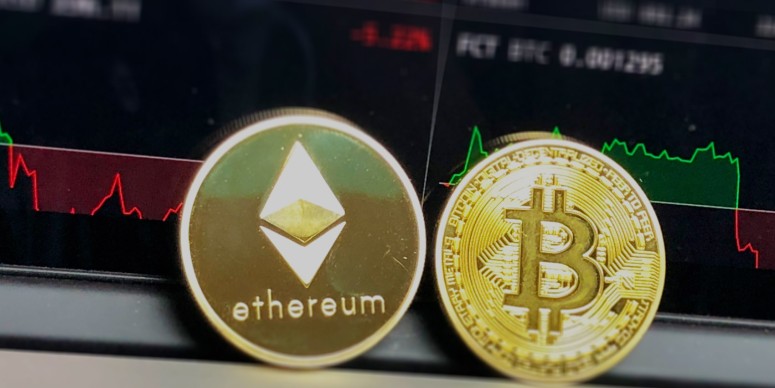Bitcoin is a form of digital currency, created and held electronically.
No one controls it. Bitcoins aren’t printed, like dollars or euros – they’re produced by people, and increasingly businesses, running computers all around the world, using software that solves mathematical problems.
The major protocols remain deficient in delivering value to the users notwithstanding the valuations, Bitcoin’s
high fees and slow transaction times make it hardly suitable for payments.
While Bitcoin has a lot of “fans”, old and new believers, there are appearing more
flexible alternatives to the blockchain market. There are many possibilities for blockchains that use smart contracts, like Ethereum, these platforms are an operating system for decentralized finance and commerce.
To make an easy comparison,
Bitcoin could be DOS and Ethereum, Windows or Mac OS. DOS was the first to come into the market and was essential for the computer’s success. Geeks used DOS, but computers went mainstream when Windows and Mac OS appeared. DOS has just a few applications to run it and it’s difficult to learn and program, while Windows and Mac OS facilitate applications to be built and has an easier usability for the user. As for Windows or Mac OS, Ethereum allows developers to create mass applications.Ethereum allows the called
“nodes” run by volunteers from across the globe replacing the servers and clouds. The vision is that this cryptocurrency would enable this same functionality to people anywhere around the world,
allowing them to compete to offer services on top of this infrastructure.
To better understand what Ethereum is,
Alex Tapscott, High-Level Advisory Group at FinTech, author, speaker, investor and founding member, explains it in this short interview with
Zigurat Innovation & Technology School at Digital Business World Congress in Madrid.
